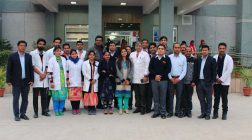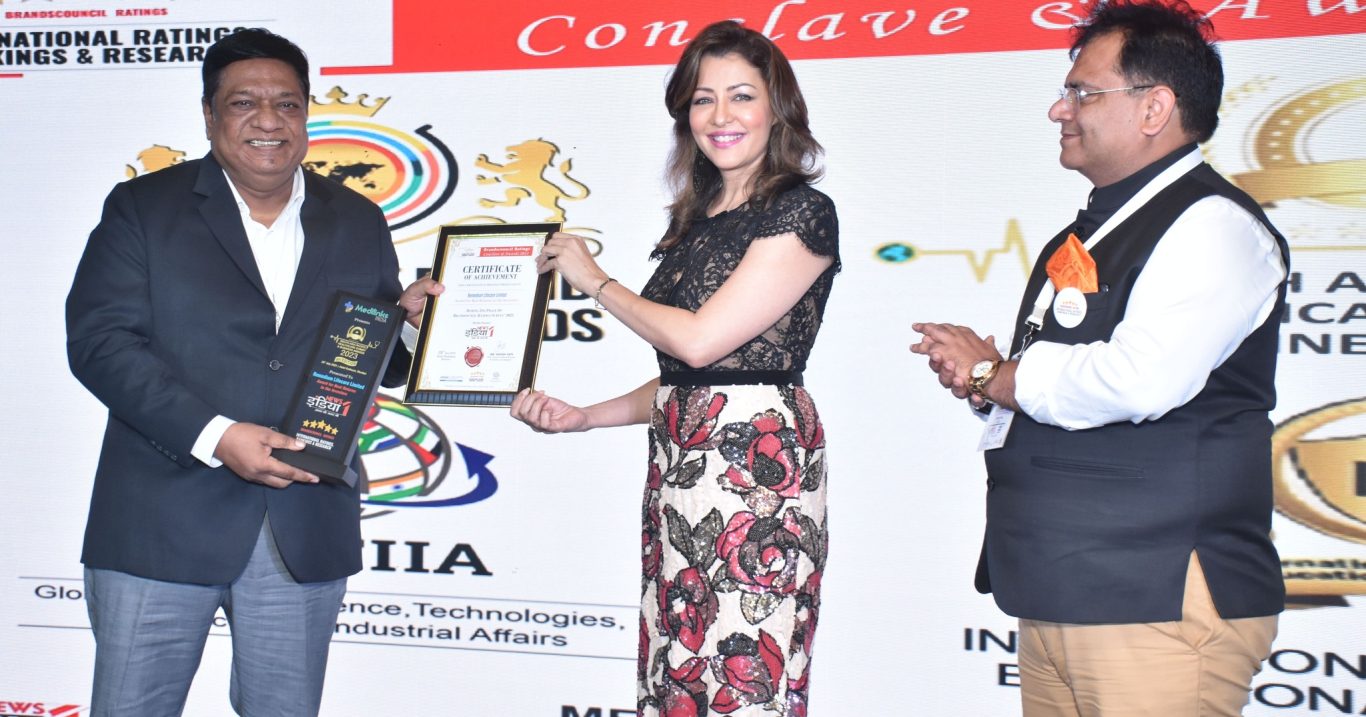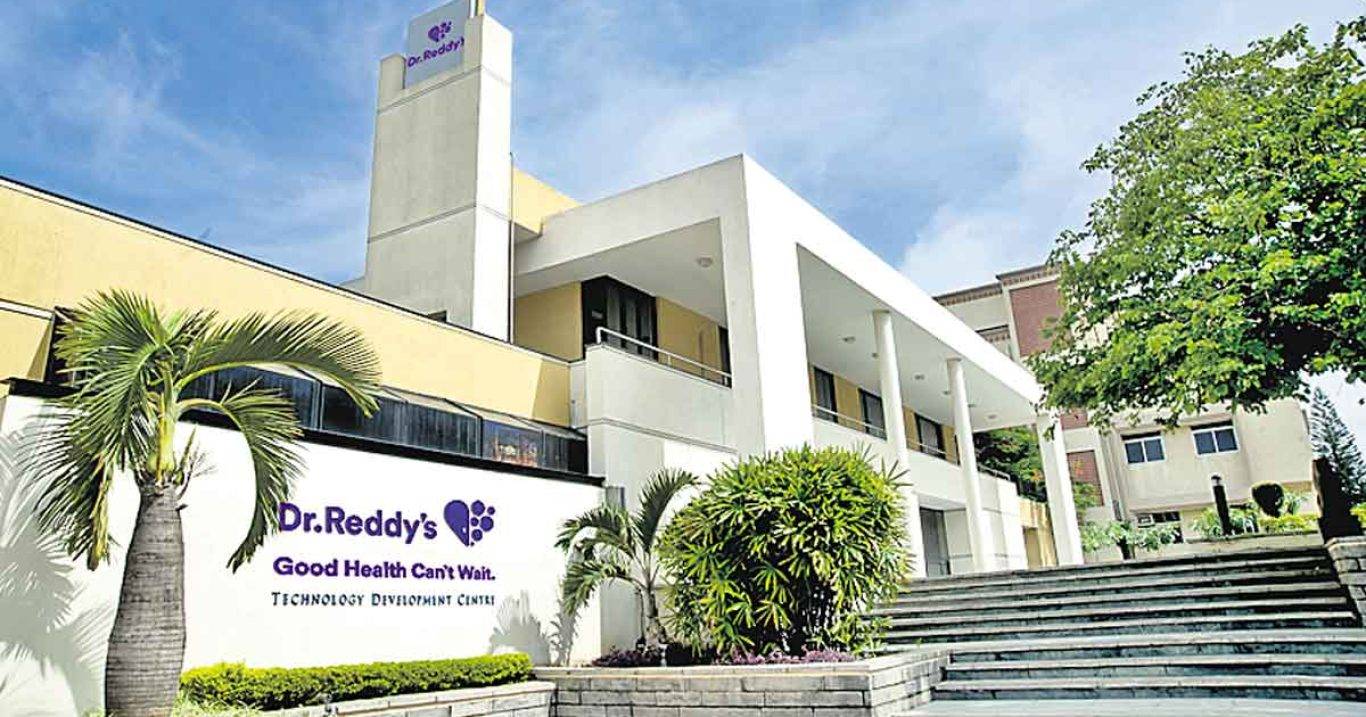India Leadership Conclave 2014 to debate Healthcare Reforms by Eminent Panel of Doctors!
Healthcare challenges in India are plenty & despite the tall claims made by the successive Governments in india has not yielded any desired results. India’s former Prime Minister Dr Manmohan Singh spoke about free medicines for all & all effort were made to legislate, but india could not implement it due to rampant corruption. The major causes of death in india are due to lack of medications & affordability still remain a vital challenges. Rahul Gandhi spoke about the Free Medicines for all as a Game Changer instead the game of politics changed in congress resulting in dismal performances. NDA regime too was marked by non-reforms. The new Government led by Modi is remain to be tested. The world is mocking at us despite our polity has the potential to do it. Compared to India, smaller & tiny nations are far better than us in healthcare reforms. Why are we legging behind?
To address these issues, india leadership conclave’s 5th annual affair ( www.ilc2014.in )has devoted one complete session on Healthcare with top doctors on borad to discuss these challenging issues. The Session will be debated by the eminent doctors
India Healthcare: Challenges And Opportunities
……………………………………………………………………………………………………
1. Dr. B Somaraju, Cardiologist & CMD, Care Hospitals Group
2. Dr. Mukesh Batra, Founder Chairman, Dr Batra’s
3. Dr Shashank R Joshi, Endocrinologist & Dibetologist, Joshi Clinic
4. Dr Sandeep Chatrath, CEO,Dharamshila Hospital and Research Centre
5. Dr Vandana Luthra, Founder VLCC Health Care Ltd
6. Dr. Ashwini Kumar Kudari, Associate Professor, Surgical Gastroenterology, MS Ramaiah Medical College, Bangalore
Dr.Jothydev Kesavadev, Founder Chairman, Jothydev’s Diabetes Research Centre And Hospitals
WHO FIGURES
Statistics
| Total population (2012) | 1,240,000,000 |
|---|---|
| Gross national income per capita (PPP international $, 2012) | 3,910 |
| Life expectancy at birth m/f (years, 2012) | 64/68 |
| Probability of dying under five (per 1 000 live births, 2012) | 56 |
| Probability of dying between 15 and 60 years m/f (per 1 000 population, 2012) | 242/160 |
| Total expenditure on health per capita (Intl $, 2012) | 157 |
| Total expenditure on health as % of GDP (2012) | 4.1 |
In the past 10 to 15 years, there has been much talk of making health insurance available for all Indian citizens, but this has not happened for two key reasons. One, insurance has not taken root over all India; it is voluntary. Second, where insurance schemes have been established for certain groups, such as agricultural workers, the premiums might be affordable, but to take advantage of them requires administrative experience and know-how. Because many Indian villages do not know much about insurance schemes, it requires a third party to act as a catalyst to convince them that they should be part of an insurance system. This is being done with some success by nongovernmental organizations.
India’s colonial past, embedded caste system and uneven approach to decentralizing services have impeded universal access to health care. We have the challenges of getting health care to the masses in India, the world’s second largest country with a population of 1.3 billion.
During the colonial period there was some decentralization by local governments. One of the major advocates of decentralization, in fact, was Mahatma Gandhi, who talked about gram swarajya or village self-rule. Many attempts at decentralization after independence could not be sustained. Finally in 1992/1993, parliament passed two constitutional amendments, creating local governments in rural and urban areas. Since then, there has been a concerted effort to devolve powers and finance to local governments all over India.
India’s government seems to be moving away from a centralized system. The liberalized economy was one of the first demands of the growing middle class, which forms about 20% of the population. There is strong demand from this class for a health and health financing system to suit their demands, but if you cater only to that section, you neglect the poor. In a country like India where there is mass poverty, there will be great demand for funds for the health of the marginalized groups, but developing the health sector alone might not solve their problems; there has to be greater emphasis on development and poverty reduction.
In the past 10 to 15 years, there has been much talk of making health insurance available for all Indian citizens, but this has not happened for two key reasons. One, insurance has not taken root over all India; it is voluntary. Second, where insurance schemes have been established for certain groups, such as agricultural workers, the premiums might be affordable, but to take advantage of them requires administrative experience and know-how. Because many Indian villages do not know much about insurance schemes, it requires a third party to act as a catalyst to convince them that they should be part of an insurance system. This is being done with some success by nongovernmental organizations
Passing legislation may not solve the problem. There must be a demand from the poorest of the poor for insurance to be successful and that demand has not emerged from most rural areas. Some states have introduced comprehensive group health insurance but it’s not mandatory, it’s still only for specific groups.
Financing the health system cannot be the responsibility solely of the federal government. Linguistic and wider cultural differences mean it has to be coordinated more effectively at the state level also; the constitution of India envisages it this way. Delegating responsibility for health care to district and village authorities would benefit mass insurance schemes as the remittances or premiums can be realized with the help of elected local officials more effectively than centralized institutions. These local institutions require financing from state resources, so the devolution of financial powers and the way in which tax revenues and funds are distributed between states has to be examined to ensure a more even development across the country – and not just in and around the major metropolitan cities such as Kolkata, Mumbai and Chennai as has been the case in the past











